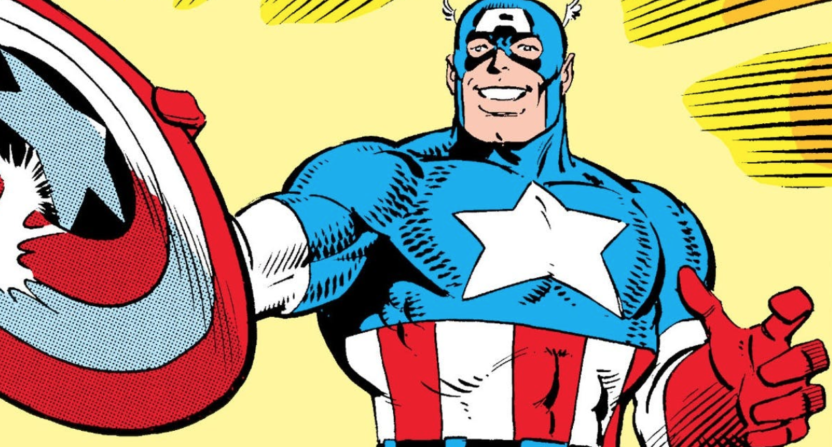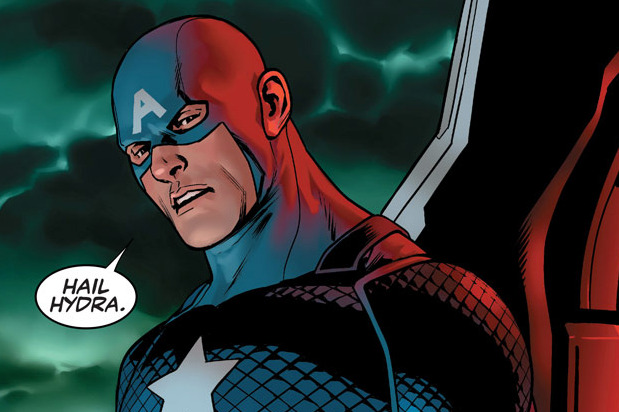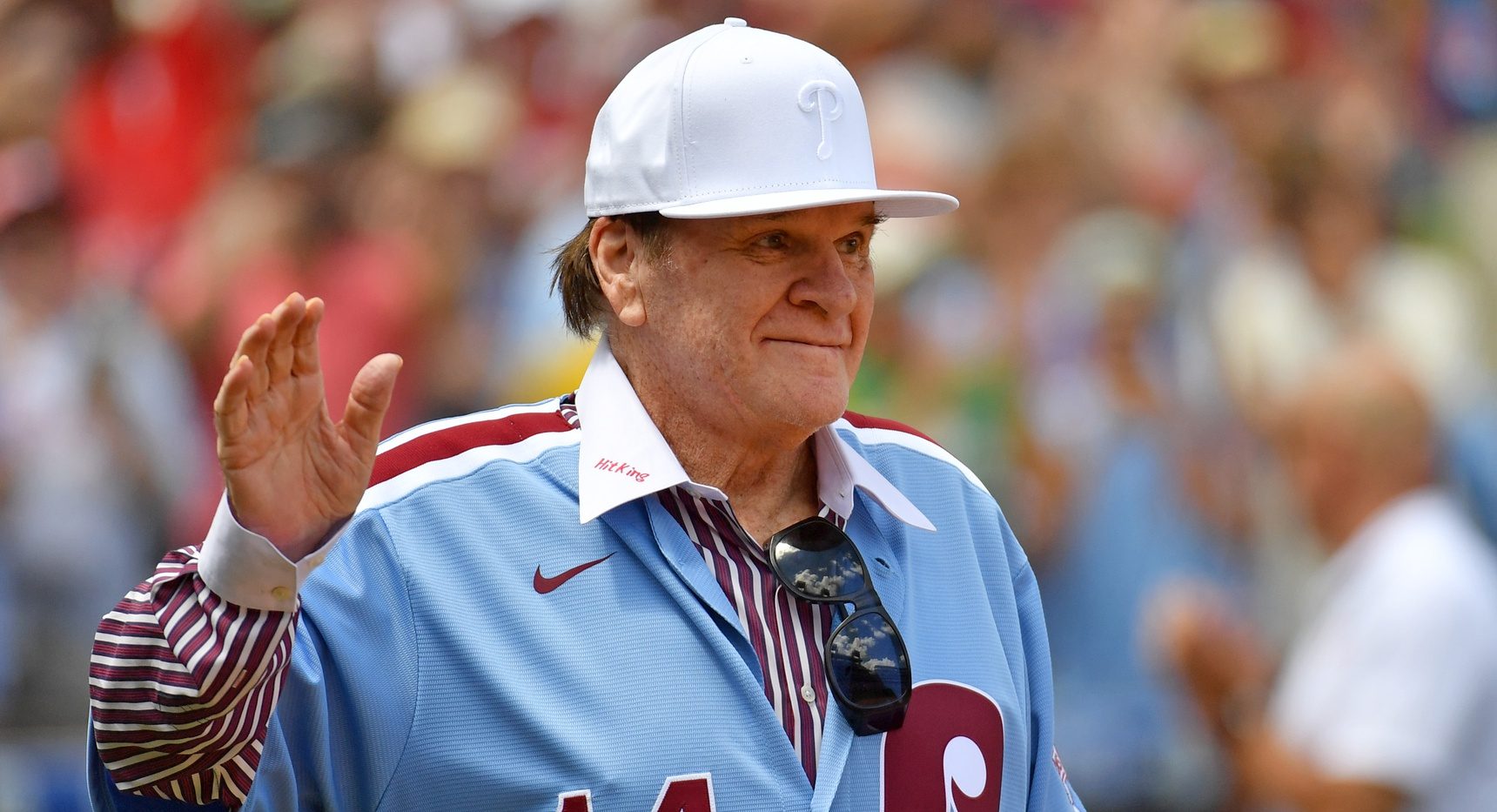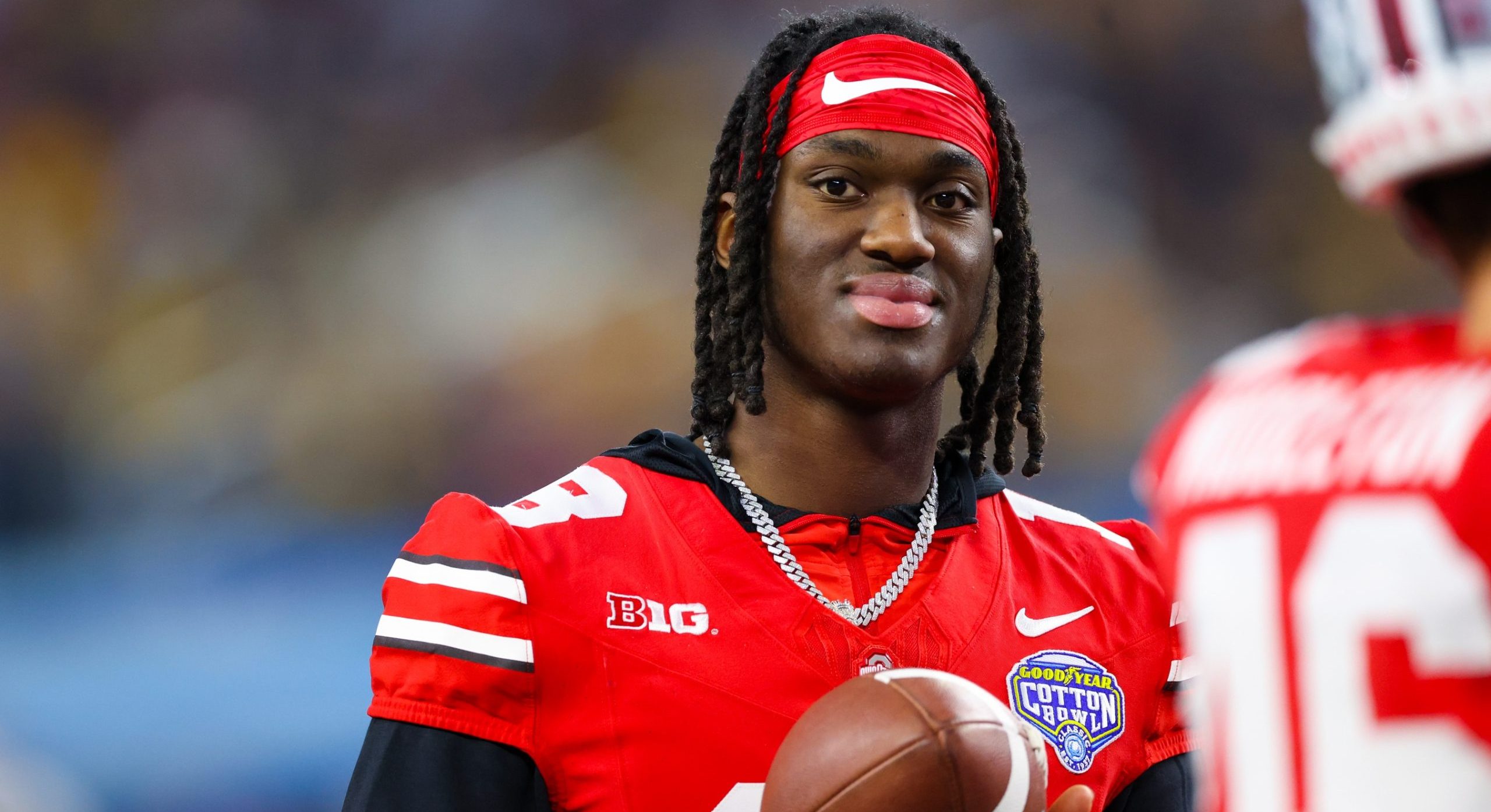If anyone thought Ta-Nehisi Coates was only flirting with writing comic books or was only attached to one character, the writer’s announcement on Wednesday that he’ll soon be authoring Captain America comic books for Marvel was surely a surprise.
Regardless, it was a pleasant surprise for fans of Coates’s work and especially those who have enjoyed his stint writing Black Panther at Marvel during a time when the character’s popularity was growing, building toward the release of what has become Marvel’s latest blockbuster film — well on its way to earning a billion dollars worldwide.
Appropriate to his writing career — and the job that he’s best known for — Coates announced his new gig at The Atlantic, speaking for himself rather than letting Marvel issue a release or a publication like the New York Times break the news. (Unfortunately, making the announcement on Twitter wasn’t an option, as Coates deleted his account in December after a feud with Harvard professor Cornel West.)
He explained what drew him to Captain America, a very different character than Black Panther:
He is “a man out of time,” a walking emblem of greatest-generation propaganda brought to life in this splintered postmodern time. Thus, Captain America is not so much tied to America as it is, but to an America of the imagined past. In one famous scene, flattered by a treacherous general for his “loyalty,” Rogers—grasping the American flag—retorts, “I’m loyal to nothing, general … except the dream.”
I confess to having a conflicted history with this kind of proclamation—which is precisely why I am so excited to take on Captain America. I have my share of strong opinions about the world. But one reason why I chose the practice of opinion journalism—which is to say a mix of reporting and opinion—is because understanding how those opinions fit in with the perspectives of others has always been more interesting to me than repeatedly restating my own. Writing is about questions for me—not answers. And Captain America, the embodiment of a kind of Lincolnesque optimism, poses a direct question for me: Why would anyone believe in The Dream?
With that, Coates’s interest in Captain America entirely makes sense. What does it mean to wear that symbol? What does it mean to be Captain America in 2018? What does The Dream mean now?
Coates has chronicled a much different America during his career than the one the Star-Spangled Avenger presumably represents. How does Captain America see that America? What can Coates add to the character’s worldview?
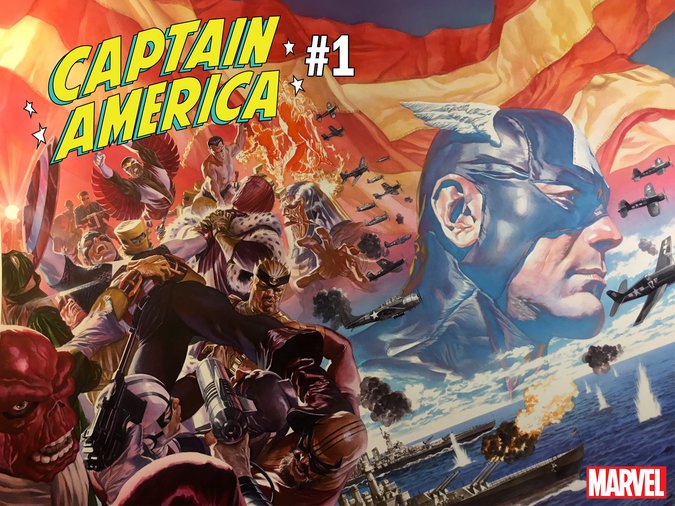
But above all, Coates voices the ambition that any good writer should have. He wants to challenge himself. He wants to try something different. “I’m not convinced I can tell a great Captain America story,” as he put it, “which is precisely why I want so bad to try.” Furthermore, by taking on Captain America, Coates also wants to continue fighting the notion, experienced by influential creators before him, that black writers can only write black characters.
Coates has been writing King T’Challa’s adventures for two years and 20-plus issues now (and had been outspoken about his love of comic books before that). That’s likely far longer than anyone would have imagined. (His first run was originally slated for 11 issues.) Given Coates’s success as an essayist for The Atlantic and author — he won the 2015 National Book Award for Between the World and Me — it seemed like he would soon move on to other ventures.
One of those future endeavors includes writing a script for Black Panther director Ryan Coogler titled Wrong Answer, adapting a New Yorker article that tells the true story of Atlanta teachers and administrators who took part in a standardized test cheating scandal to inflate student scores and prevent schools from being shut down. The film will star Coogler’s frequent collaborator, Michael B. Jordan.
At the very least, Coates’s run on Captain America figures to be a reversal of fortune for Marvel after the controversial story arc that depicted the character as an agent of Hydra. What? He was a sleeper agent for the bad guys (whose origins were tied to the Nazi party, depending on what comics you’ve read or movies and TV you’ve watched) this whole time? But Marvel has moved on.
Like movies, comic books are largely a collective process. And Marvel is supporting Coates’s Captain America run nicely by pairing him with illustrator Leinil Yu, who’s perhaps best known for drawing Wolverine and the X-Men, but has worked on virtually every character Marvel Comics has to offer. (Personally, I love his Superman: Birthright series, a retelling of the Man of Steel’s origin.) The covers for each issue will be painted by Alex Ross, whose photo-realistic artwork has been wildly popular with comic book fans.
Captain America #1 will be released, as it probably should be, on July 4.

